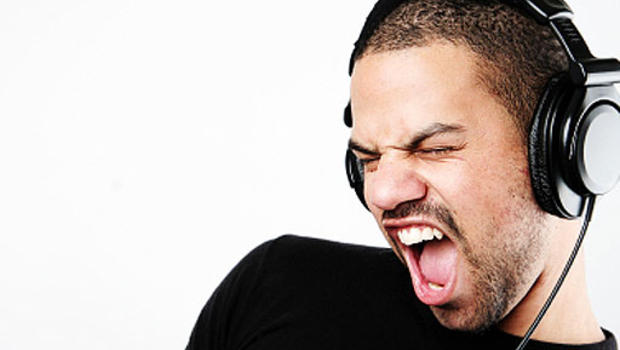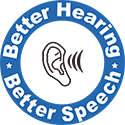
Teenager listening to loud music. Photo by CBS
Listening to sudden loud noises and music is one of the major causes of children and adolescents’ hearing loss. An exposure a sudden and very loud noise within a short timeframe as it is usually experienced in a gunshot, church or music concert could cause a significant hearing loss. However, it is also possible for children and adolescents to experience fundamental hearing loss if exposed to longer periods of listening to loud music, most especially through irresponsible use of headphones.
Anecdotal information available indicates that hearing loss among teenagers is on the increase partly because of the growing popularity of headphones which adolescents consider trendy. Additionally, the same information highlights the challenge of young people who regularly use MP3 players and headphones as those more likely to experience hearing loss.
This is why it is absolutely essential for susceptible children and adolescents to take hearing tests and depending on the results, they are guided on how to prevent or reduce the rate hearing loss. Once the affected teens have been equipped with relevant information, they are usually willing to turn down the volume on their MP3 players or do away with using headphones altogether to prevent further hearing loss.
Do parents have a role to play in preventing their children’s hearing loss?
Parents indeed have cardinal role in preventing their children’s hearing loss taking advantage of their leadership influence and intentionally role modeling expected behaviors. Furthermore, parents have a responsibility to:
- Help teenagers to appreciate the importance of wearing foam ear plugs or earmuffs when attending concerts or other public gatherings (such as church services) where playing too loud music is the norm.
- Teach adolescents about the importance of lower volume when using headphones to listen to music or and other ear plugging devices. This is because setting too high volume on the device potentially leads to hearing loss.
- Actively engage with teachers of your children and adolescents about hearing health and take note of their observations or comments. Teachers spend more time with children than parents and thus, have critical information that may help you determine if your teen needs hearing screening for both high- and low-frequency hearing loss related to noise.
For more information about:
- Hearing assessment for children and adults
- Hearing screening for susceptible children and adults
- Provision and fitting of digital hearing aids
- Hearing conservation programmes/
Follow this link to contact us or talk to our expert audiologists at our facility located on Plot 52 Bombo Road, ESAMI House or contact us on +256 414 691 743, +256 776664319, +256 754 691743.
